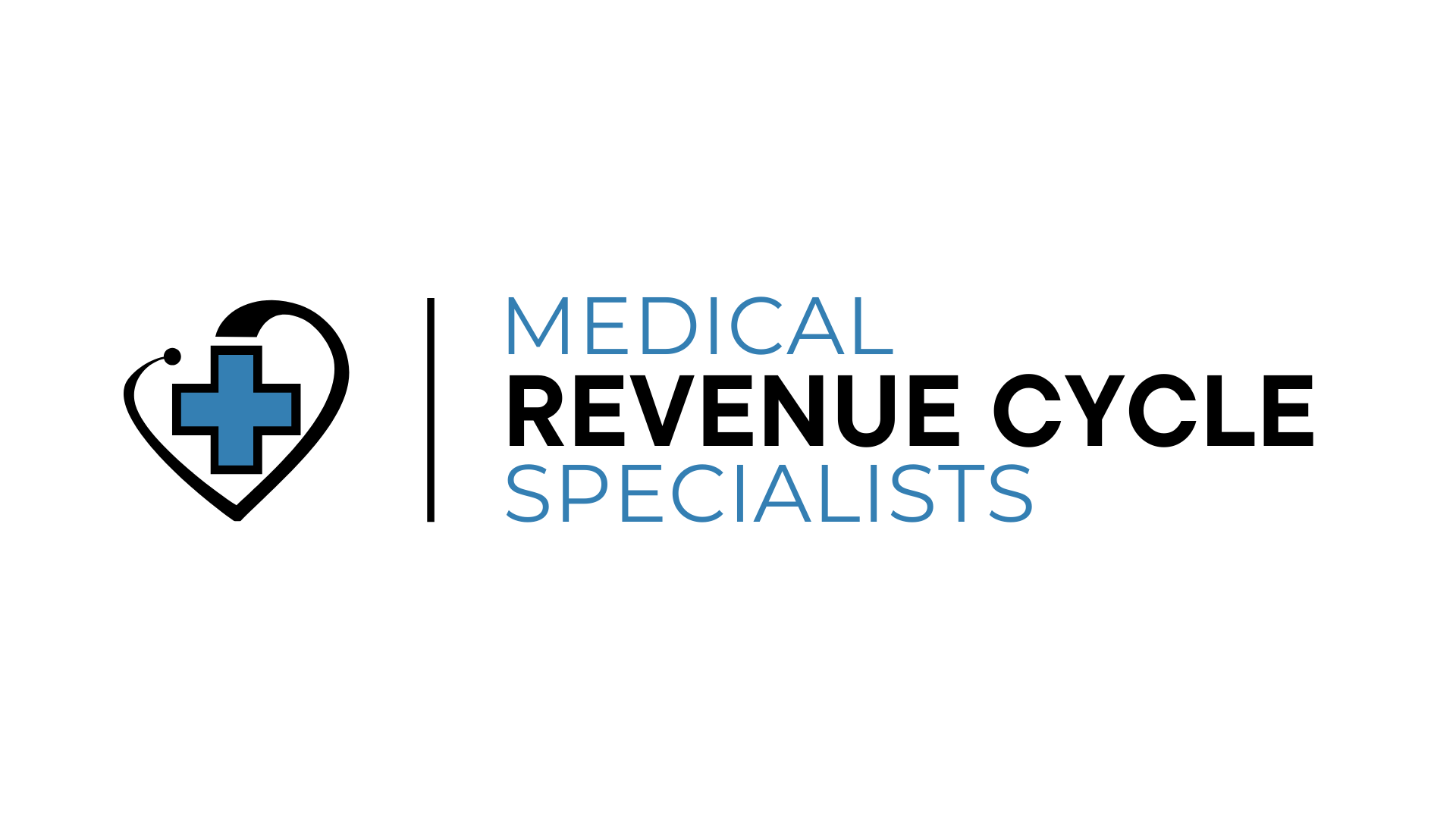MRCS Weekly Recap 12 (4.17.2022 - 4.23.2022)
- Nick Fernandez

- Apr 24, 2022
- 3 min read
1. COVID
The WHO urges nonvaccinated individuals who are the most at-risk group to get Paxlovid pills for mild and moderate Covid cases. Experts are tracking various forms of the coronavirus variant, Omicron. A new form of Omicron now accounts for nearly 20% of new infections in the US. Current research indicates that the new documents don't waver on protection generated by immunizations. New data from Moderna shows that booster shots could become more effective than they already are! This is not thoroughly tested or proven, but it gives hope that booster shots can become more effective. The covid pandemic has left many questions unanswered. We are still hoping to find the answers to some of the most frequent questions: how will the virus evolve next? What will future waves look like? If you've never had covid, how worried should you be right now? How, precisely, does the virus transmission from one person to another? Will we get a new, better generation of vaccines? How long before we understand long-term Covid?
2. Policy Updates
The Justice Department has appealed a federal judge's decision to remove the mask mandate on public transportation. The DOJ is cracking down on over $150 million in false billings to federal programs. As of Wednesday last week, the DOJ has charged 21 people for pandemic-related healthcare fraud. More than 40 House Democrats sent a letter to the HHS to urge regulators to curtail enrollment in the cheap plans, which are not required to comply with consumer protections under the ACA. The House members recommended shortening limits for plans, limiting the renewability, and preventing consumers from being redirected to short-term goals.
3. Staffing Shortages
Healthcare staffing shortages have been a hot topic since the onset of the pandemic. The question with staffing (and all things covid related) remains, "What are the long-term impacts?" The US government has stepped in to support hospitals and health systems. We have also seen third-party patient financing emerge. Nursing shortages have left many health systems with ongoing labor stresses. In response, hospitals have boosted compensation, turned to more temporary staffing arrangements, and partnered with nursing schools. To combat this problem, 93% of survey respondents said they'll continue to use more telehealth in the future. Over 90% said they've increased their compensation. At the same time, 56% of those surveyed said they are partnering with nursing schools as pipelines for future staff.
4. Surprise Billing
The CMS has opened an online portal for resolving payment disputes between payers and providers. This allows both payers and providers to resolve payment disputes using an arbitration style. The CMS announced that the online portal for resolving payment disputes between payers and providers is now open. The No Surprises Act has been hailed but some patient advocacy groups. At the same time, providers see the Act's burden.
5. Practice Management Updates
The pandemic has lured physicians to corporate entities such as hospitals or health systems away from private practices. It is estimated that almost 75% of US doctors work for corporate entities, up from 69% last year. Every hospital or healthcare facility needs to undergo construction at some point. There are always new gadgets, technologies, or devices that facilities are in demand. Here are a few of the best practices to adopt during construction: 1) Conduct an on-site investigation, 2) understand the environment, and 3) develop phasing schemes.




Comments